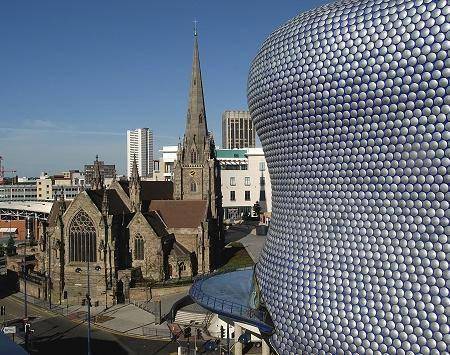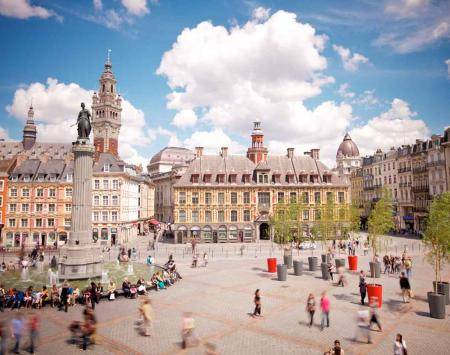Barcelona
Urban povertyB-MINCOME - Combining guaranteed minimum income and active social policies in deprived urban areas
"There is a municipal commitment to implement a guaranteed minimum income to complement the income of Barcelona residents, raising them above the at risk of poverty threshold and reducing inequality levels. It should provide households and individuals with security, freedom and greater responsibility as a lever in overcoming poverty. B MINCOME, as a pilot project, will compare the effects that this income with different conditions and modalities will have on mitigating poverty and in improving inclusion of the persons receiving it."
Poverty and social inequality have increased in Barcelona since the financial crisis began. Income per capita has increased 11% in rich districts, while it has fallen by 27% in the poorest districts. The income gap has more than doubled over the past five years. This gap has not only affected the most excluded social sectors, where poverty has become chronic; It has also hardly affected immigrants, families with children, single parents and significant parts of the middle class. Poverty also affects the employed, who have either low wages, precarious or part-time jobs (or all these combined). Expressions of poverty result from a series of interconnected factors that accumulates on the same groups: lack of income is combined with difficulties in finding affordable housing, school dropout rates, health problems cy or energy poverty, among others. Finally, among the most affected population by the crisis, their feeling is that they are passive subjects, with very small space to intervene in proposing real solutions to their situation, so they respond migrating abroad, making social protests or trying to subsist in informal economy.
The project is based on the city's decision to implement a guaranteed minimum income (GMI) to supplement income in the most deprived and poor areas or the city. It is expected that 1,000 households will receive this minimum income on a trial basis. The implementation of the GMI among households in situations of poverty should also prompt a comparative analysis concerning the costs of policies aimed at fighting poverty, with the ultimate goal of developing more efficient welfare services. It is a new solution adapted to the new poverty related phenomena occurring in the city. The municipal GMI system will provide families with security, freedom and greater responsibility as a lever in overcoming poverty. The new strategy is based on new core elements: Testing several types of GMI; Combine GMI with integrated one-stop-shop public and private active policies and Strengthening inhabitant and community’s initiative.
This innovative ecosystem in the fight against poverty includes also a set of services made available to persons receiving the income; a better understanding of poverty, based on the life stories of those affected; a social currency to cover a part of the GMI, and new forms of co-creation, interrelation between services, community involvement and public-private cooperation.
- Ajuntament de Barcelona
- The Young Foundation - Think Thank
- IVALUA. Catalan Institute of Public Policy Evaluation - Research centre
- Autonomous University of Barcelona. IGOP. Institute of Governance and Public Policies - University
- UPC. Polytechnic University of Catalonia - University
-
NOVA. Center for Social Innovation - NGO
-
Institut de Ciència i Tecnologia Ambientals (ICTA–UAB)
Monetary poverty will be significantly reduced among homes receiving the GMI, with a positive impact on other poverty related dimensions. Likewise, implementation of the GMI will have a positive impact on the effectiveness and efficiency of social inclusion policies, by better relating services with users, better coordinating them throughout the area and providing an improved understanding of poverty. The experience will offer an improved understanding of the factors that generate poverty, community involvement in the implementation of the GMI and greater participation of the beneficiaries in community life. Recipients of the GMI will develop processes that favour their autonomy and ability to take decisions regarding their life options and reducing their dependence on subsidies in a mid and long term. It is expected that meaningful conclusions and learnings regarding the most effective and efficient means of fighting poverty will be reached, through ongoing quantitative and qualitative evaluation processes, comparing the different GMI, service use and the behaviour of recipients.
October 2017: Identification of the sample, definitive design and adjustment of the GMI and selection of the beneficiaries of the GMI
January 2018: Active social policies have been launched and implemented for the beneficiaries of SMI.
April 2018: Launching of the social currency
October 2018: Intermediate report: Impact evaluation of GMI on household outcomes
November 2018: Ethnographic Research. Dynamics of the community – dialogue and observation over time. Analysis of the information and elaboration of the conclusions report
October 2019: Final report: Impact evaluation of GMI on household outcomes

























